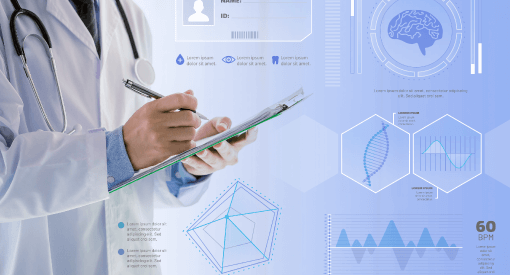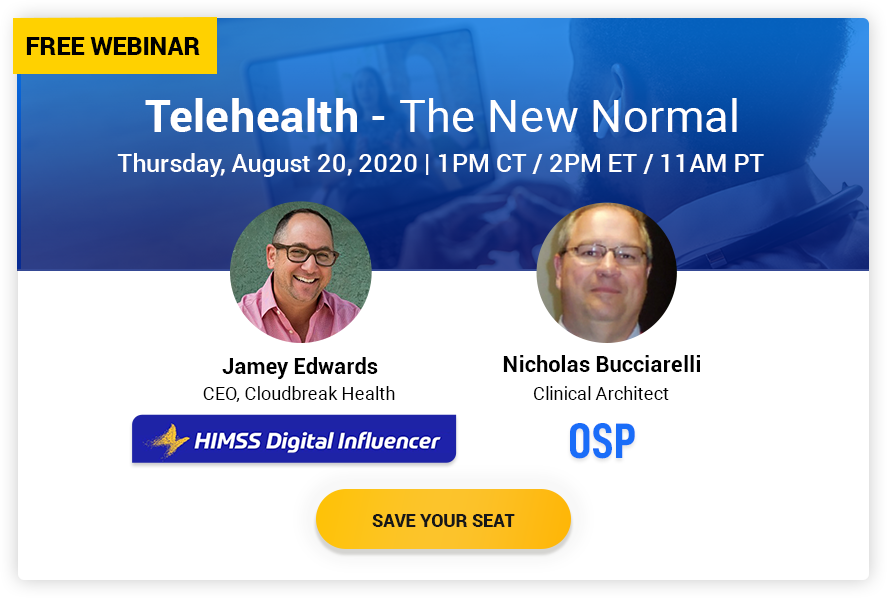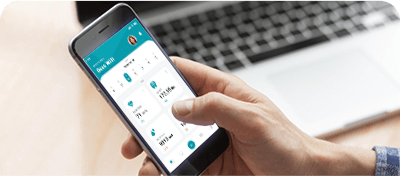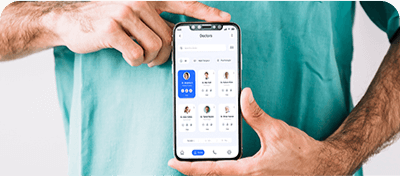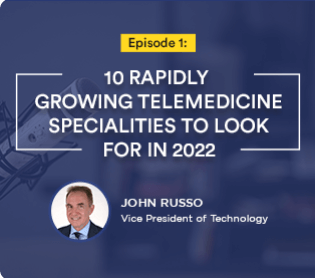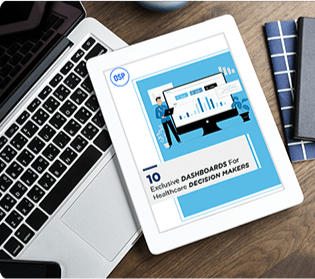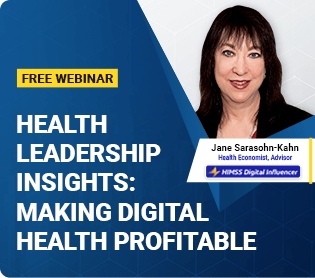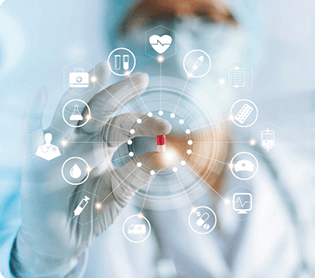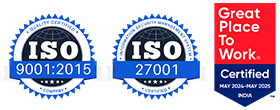The COVID19 pandemic has had a profound impact on the healthcare industry. The disruption it has brought about has not only resulted in a health crisis but also snowballed into an economic issue worldwide. It has pushed the Healthcare business into a crisis management mode.
With the health systems struggling to respond, it has urged the need for faster response time to offer instant health access. These systems are striving for more robust online patient management systems. In short, the healthcare industry is transforming, and the idea of value-based care is changing too.
How to Prepare for Ongoing Healthcare Transformation?

The future of healthcare business is all about preparing for preventive care and providing integrated health solutions. We would be interacting more on digital platforms and working on ecosystems built around data.
The Digital Health Revolution is a game-changer and will help bring robust solutions around the end consumer. The post-COVID 19 era holds a lot to look forward to for all stakeholders in the Healthcare Business. Bold and effective measures and enlightened regulatory actions will surpass uncoordinated and ineffective actions. In essence, integrated healthcare solutions would pave the way for rapid recovery from challenging scenarios.
This would also help develop effective and sustainable value chains. Here is a quick look into futuristic digital health care trends Healthcare Businesses can prepare for.
Nonintrusive Healthcare and Genetic counseling for reduced hospital visits
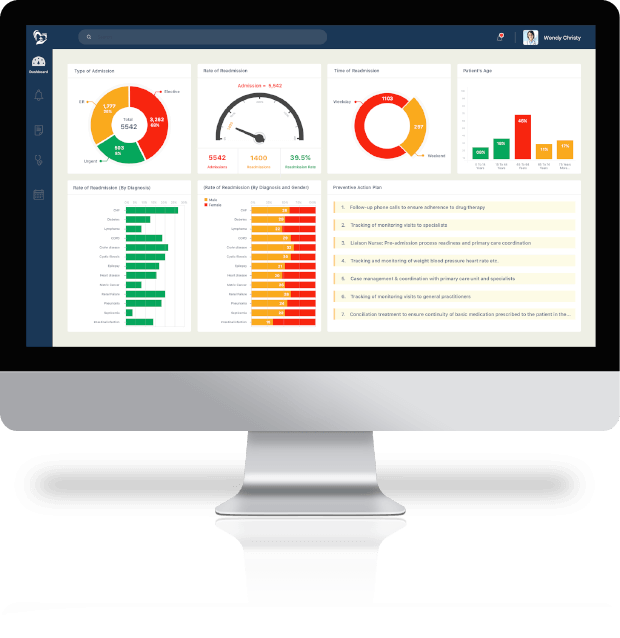
We are currently witnessing a massive spike in DNA-based health assessment product solutions coming into the fray. We will be able to identify potential health risks and address concerns beforehand, via genetic counseling. These digital healthcare solutions are bound to act as leavers of change in the nonintrusive healthcare business model.
Test samples and swabs enable decoding the DNA in digitized formats using digital health technology. By drawing molecular-level insights on how an individual is built, physicians can predict the possibility of contracting diseases.
Getting to know about personal responses to different drugs by studying genetic code creates room for the physicians to prevent adverse outcomes and provide proper care.
Connecting and integrating with data outside the hospital ecosystems
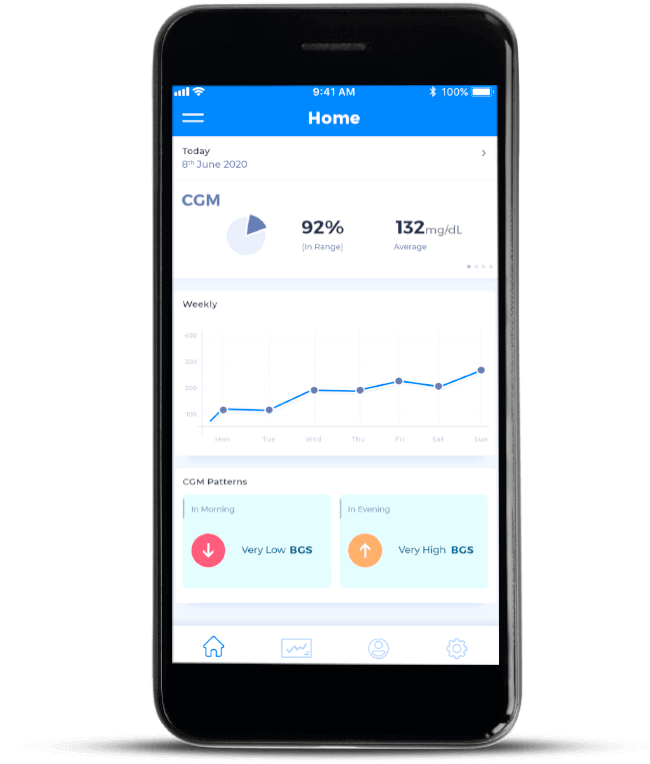
Doctor consultations are moving towards interactions via virtual visits and telehealth solutions. The entire process right from scheduling appointments to the e-prescription is managed. Advanced telehealth solutions would enable an individual to adapt to a personalized care system.
The future would see a host of digital health trackers and wearables swarming the markets. It would hence be possible to integrate with the hospital ecosystem. There would be ample scope for developing remote patient monitoring solutions for continuous assessment and monitoring of real-time data.
Patients with co-morbid conditions, neuro-genitive disorders, multiple sclerosis can be studied progressively with remote health monitoring by understanding how they respond throughout time. Genomic data in EHR can be used with integrated healthcare Management software solutions. The sensors can build predictive healthcare models around each individual.
The Data drive and the need for Interoperable data
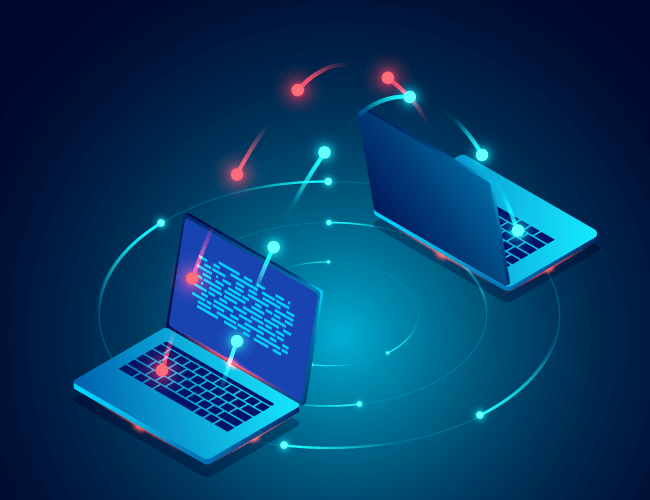
Advanced data interoperability will be the crucial factor to build future-ready healthcare data systems. These include interactive dashboards that offer us actionable insights.
The challenge for clinical data analysis has data that is accessible and reusable. The moment you eliminate paper-based workflows you are implying ongoing digital and making data available digitally. This automatically implies seamless intolerability of data which would otherwise be difficult considering a digital ecosystem. This is more of an implied reference.
Hospital management systems that earlier relied on Manila folders to record patient interactions would soon make way for data to be directly captured on the EHR. This would mark the end of paper-based workflows. The advancements in payer healthcare solutions would further blur the lines in different user roles while making healthcare more of retail experience.
Today we have a host of interoperable solutions that can be operated and consumed with the help of APIs. These solutions can be incorporated in the data exchange model while complying with the FHIR and HL7 standards.
Paying for outcomes and not for procedures
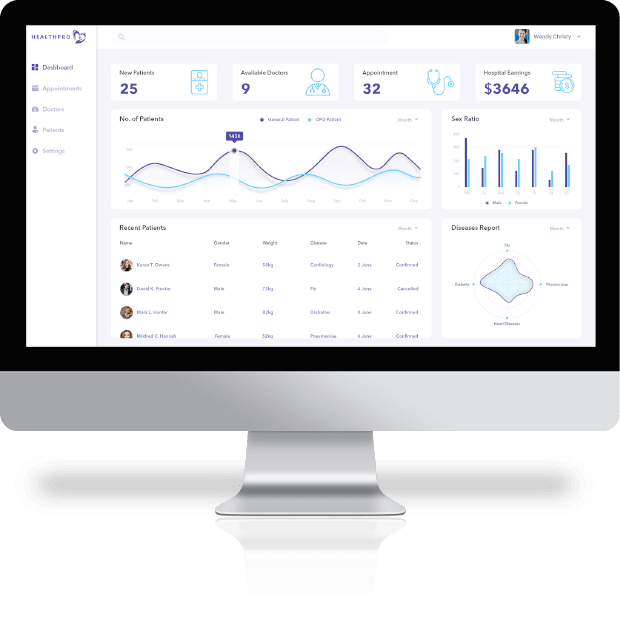
The future of healthcare focuses on doctor-patient visit happen only when unavoidable.
Healthcare businesses are in the race for developing hospital management software solutions healthcare models that puts more emphasis on paying for desirable outcomes. The value-based model would make more sense than paying for the number of times the procedure was performed on the individual.
With the Consumerism coming into every aspect of the healthcare business, desired outcomes will be in demand at all levels of the system. This would need the creation of a digital ecosystem with the integration of customer-centric workflows.
This would also make provider network management more effective and efficient.
Planning for the adoption of new technology for disease detection and prognosis
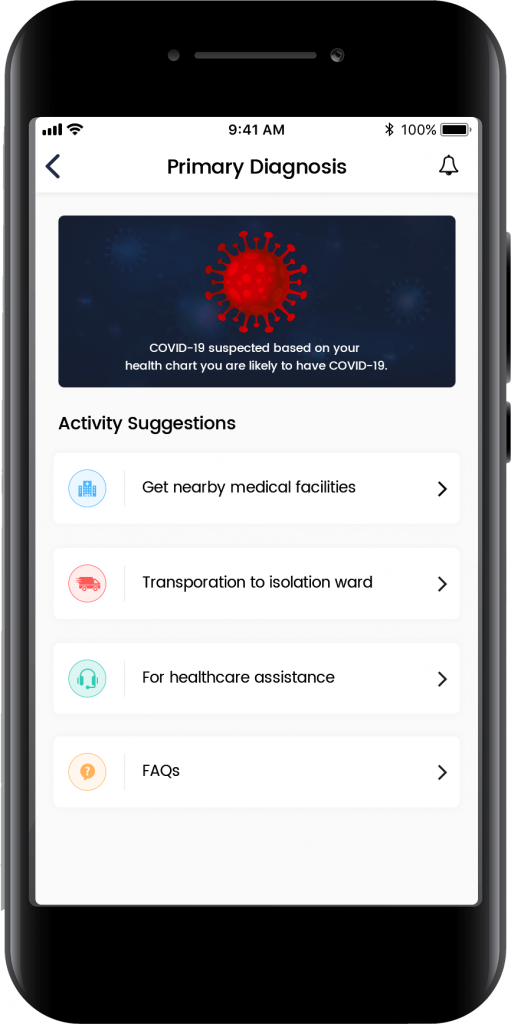
The technology landscape is ever-evolving, and so is the need to keep pace with it. Quantum computing, distributed computing used in the healthcare space will enable the detection and sequencing of viruses within a few hours.
We have so much computing power at our disposal, which would enable us to meet feats otherwise considered impossible by classical hospital management software. This would help us generate, accumulate, and make seamless data exchange possible.
Digital technologies can be leveraged for the containment and eventual large-scale outbreak of the virus. With all this, we will be moving into a realm of precision medicine and personalized healthcare.
App driven contact tracing solutions

App-based studies and digital health app development will enable us to detect collect and analyze data from participants.
An abnormal resting heart rate pattern in a population or any other symptoms or anomalies can help flag something that is not right in a cluster or a community. Apps would be able to tell us about impending outbreaks and flying routes that we must avoid.
This would enable us to overcome future epidemics like COVID19 accelerating the response time. By proactively predicting the spread of outbreaks, health officials will be able to get to the patient more quickly and check the virus spread more effectively.
Contextualized messaging to improve patient engagements
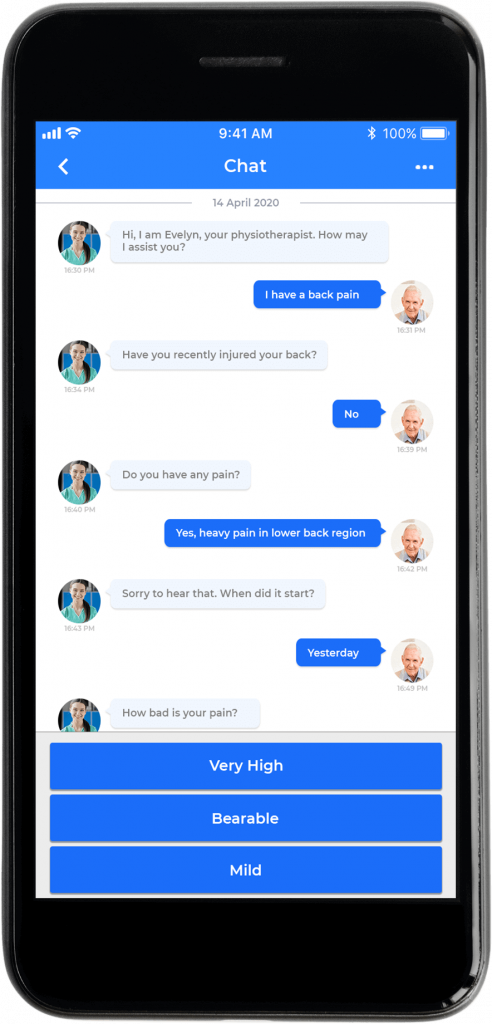
Patient engagement in healthcare has seen technology giants like Apple, Amazon, moving into the healthcare space with wearable techs, like fit-bits and related services.
It would not be uncommon to see your smartwatch trying to communicate with you, especially when you are recovering from an illness with messages like “How you are feeling today?”. That’s the beauty of contextualized messaging on patient engagement solutions.
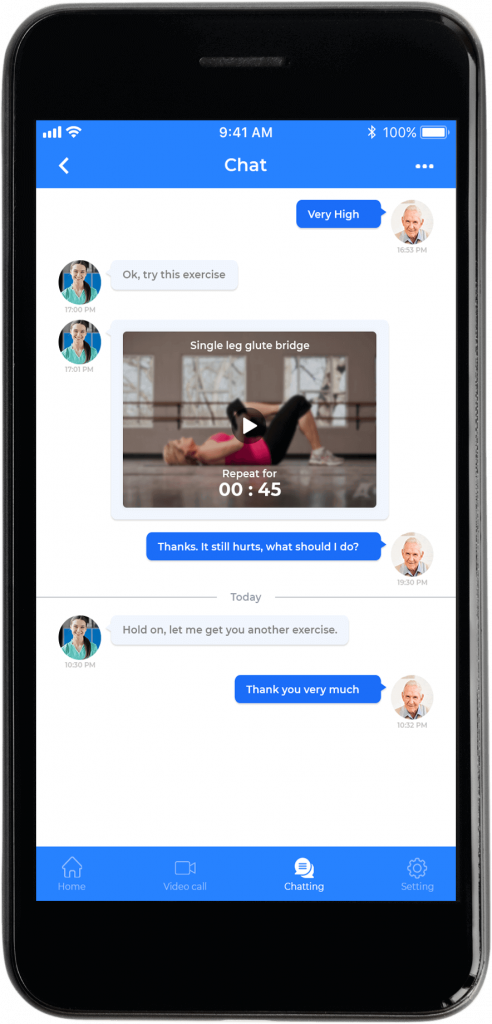
Patient engagement systems provide gamified solutions that enable seamless doctor-patient interactions. Healthcare is sure to see tremendous potential in developing digitized payer, provider, and patient platforms that deliver contextualized messaging.
Conclusion
Handling health data is more complicated than predicting a soccer game’s outcome, and one must factor in the risk element involved. If you make a mistake, you would be permanently altering the course of someone’s life.
With so much emphasis on data-driven technologies and digital trends, imparting love and human connect should not be a missing ingredient in healthcare engagements. Care will slowly shift from hospitals to people’s homes or wherever the patient requires help.
The focus of Healthcare Businesses must be on creating a more resilient world and getting back to our old lives in the post COVID19 days.
OSP is a trusted software development company that delivers bespoke solutions as per your business needs. Connect with us to hire the best talents in the industry to build enterprise-grade software.
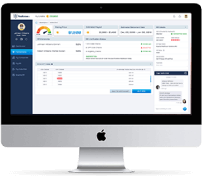
How can we help?
Fill out the short form below or call us at (888) 846-5382
Looking for software solutions to build your product?
Let's discuss your software solutions for your product in our free development acceleration call!
Get In Touch arrow_forwardDiscuss Your Project Handover with a team of expert Book a free consultation arrow_forward
About Author

Written by Riken Shah linkedin
Riken's work motto is to help healthcare providers use technological advancements to make healthcare easily accessible to all stakeholders, from providers to patients. Under his leadership and guidance, OSP Labs has successfully developed over 600 customized software solutions for 200+ healthcare clients across continents.







